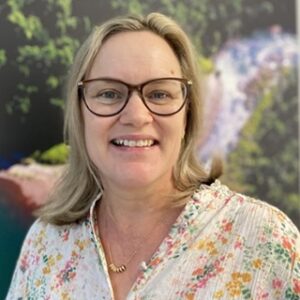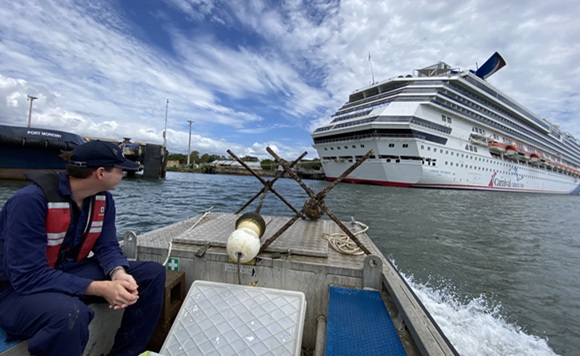
The Big Picture: 10 Years of Waterway Health Checks
Every year, Dr Richard Hunt, an aquatic ecologist and redclaw crayfish farmer, spends countless hours pooling data from over ten different government departments, research organisations and councils to build a comprehensive picture of how well our waterways are doing.
share article
share article
Wet Tropics Waterways Celebrates 10 Years of Report Cards
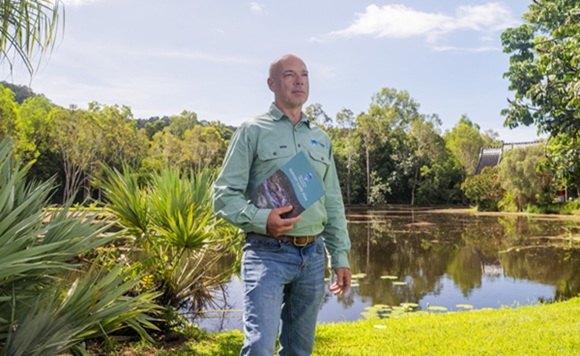
What began in 2015 has become a bit of a breakthrough. Many programs were monitoring things like water, coral, fish, mangroves, seagrass and riverbanks but they weren’t being linked up to see the big picture for the Wet Tropics region, from its river basins to ocean waters.
For Richard this means months of data analysis – including number-crunching to calculate grades (from A to E) for across the freshwater, estuary and marine environments. He says there are many good reasons to do it.
“Waterways are the lifeblood of ecosystems, but they are vulnerable and require careful monitoring across various aspects—water quality, hydrology, habitats, and biota. Many of us choose to live in the Wet Tropics because we enjoy activities like swimming in waterholes, fishing, boating, or snorkeling, so keeping our favorite spots in good condition is essential. Beyond recreation, healthy waterways are vital for food and water supply, biodiversity, and cultural values. The report card has become an important tool for tracking their health and identifying emerging issues.”
When the first report card was produced, Richard says it became obvious that there were lots of gaps in monitoring.
“There were many organisations collecting monitoring data for their own purposes, but it was not often integrated across programs to inform at a wider level. The great thing about Wet Tropics Waterways is that it has brought people together, to sit around the same table and work out how to fill those gaps and discuss issues.
“Over 10 years we’ve slowly built up a consistent reporting system to track broad changes over time. We’ve filled knowledge gaps, and we’ve added new ways of measuring the health of aquatic ecosystems.”
A good example of how the report card has made a difference is through data on freshwater fish populations.
“It has allowed us to identify hotspot areas for pest fish, and shown that fish biodiversity in the Wet Tropics is still generally good,’’ Richard says.
“It has also put fish barriers under the spotlight. Raising awareness of the many barriers between our estuary and freshwater habitats that can impede fish movement and disrupt their life cycles. We’ve gathered data that has highlighted where the worst fish barriers are that are a high priority for us to fix.
“Another example is the invasive weed Amazon frogbit. The report card has helped to identify this as an emerging issue with serious implications for the health of the Barron River.”
Richard says it has been rewarding to be part of a project that’s helping to connect organisations and start collaborations that benefit waterway health across the region.
“Wet Tropics Waterways has grown into a strong, supportive and diverse partnership. Some of the partnership’s most important achievements are raising awareness of seagrass and mangrove condition, highlighting issues and supporting partners to take action. The report card gives partners solid data for making waterway management decisions and applying for grants to help improve our waterways.”
While a lot of progress has been made over the past 10 years, Richard says the report card and the Wet Tropics Waterways partnership are still developing.
“The report card is a valuable tool for capturing the broader picture and identifying key patterns and changes in our waterways. With this year marking the release of our tenth report card, we now have a robust long-term dataset that allows us to analyse trends. In the future it would be great if we can build on this by exploring specific issues in greater depth such as investigating what’s driving low dissolved oxygen levels in Trinity Inlet, recent increases in chlorophyll-a concentrations (algae) across several estuaries, and the spread of pest fish in creeks and rivers.”
Fast Facts
Wet Tropics Waterways is a partnership of 20+ organisations and a network of 50+ organisations involved in waterway health initiatives. It is an initiative of Australia’s Reef 2050 Long-Term Sustainability Plan.
related posts.

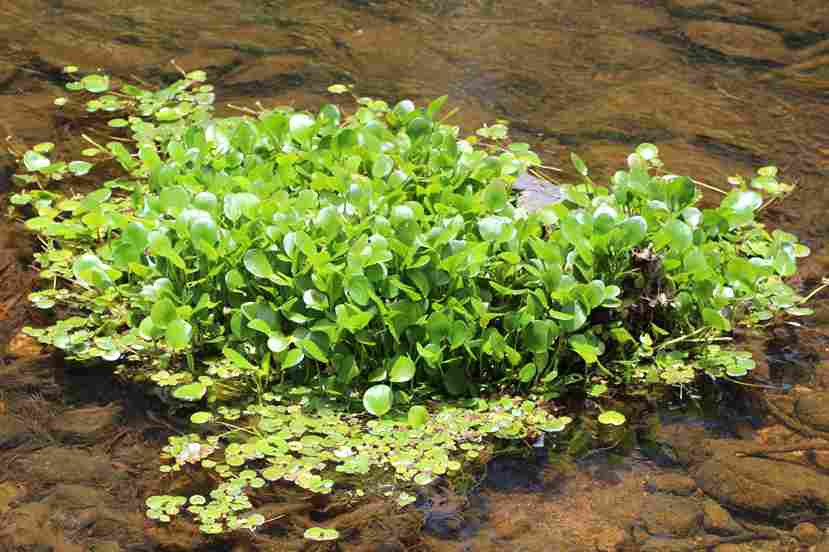
Fighting Amazon frogbit.
Aquatic weed Amazon frogbit has been spreading in the Wet Tropics
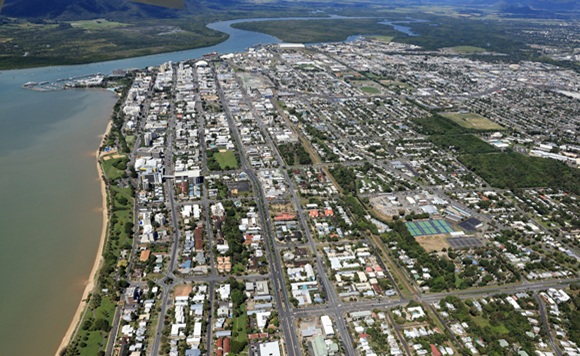
Managing urban runoff.
Urban runoff from towns and cities contributes a disproportionate share of pollution to the reef




